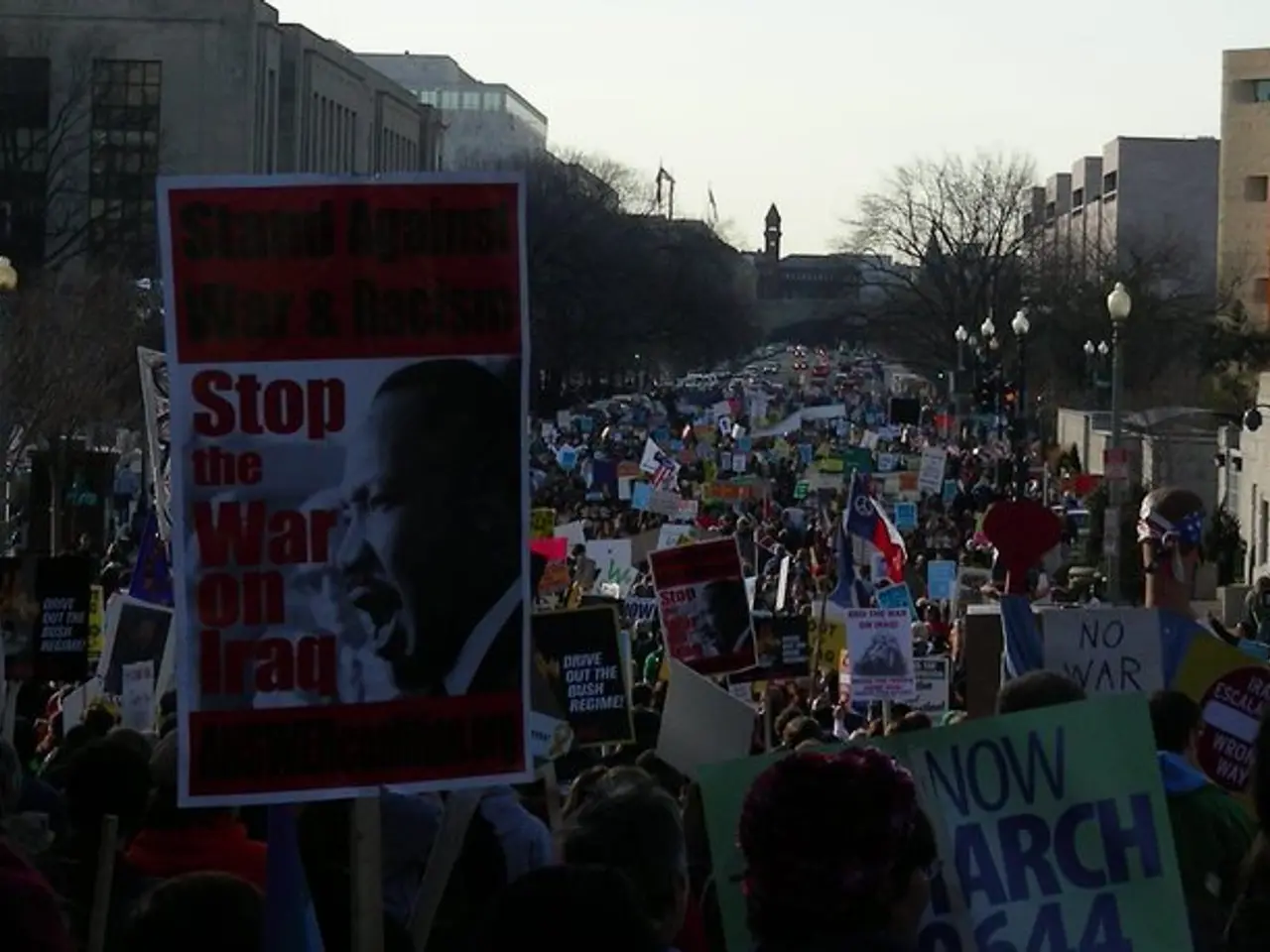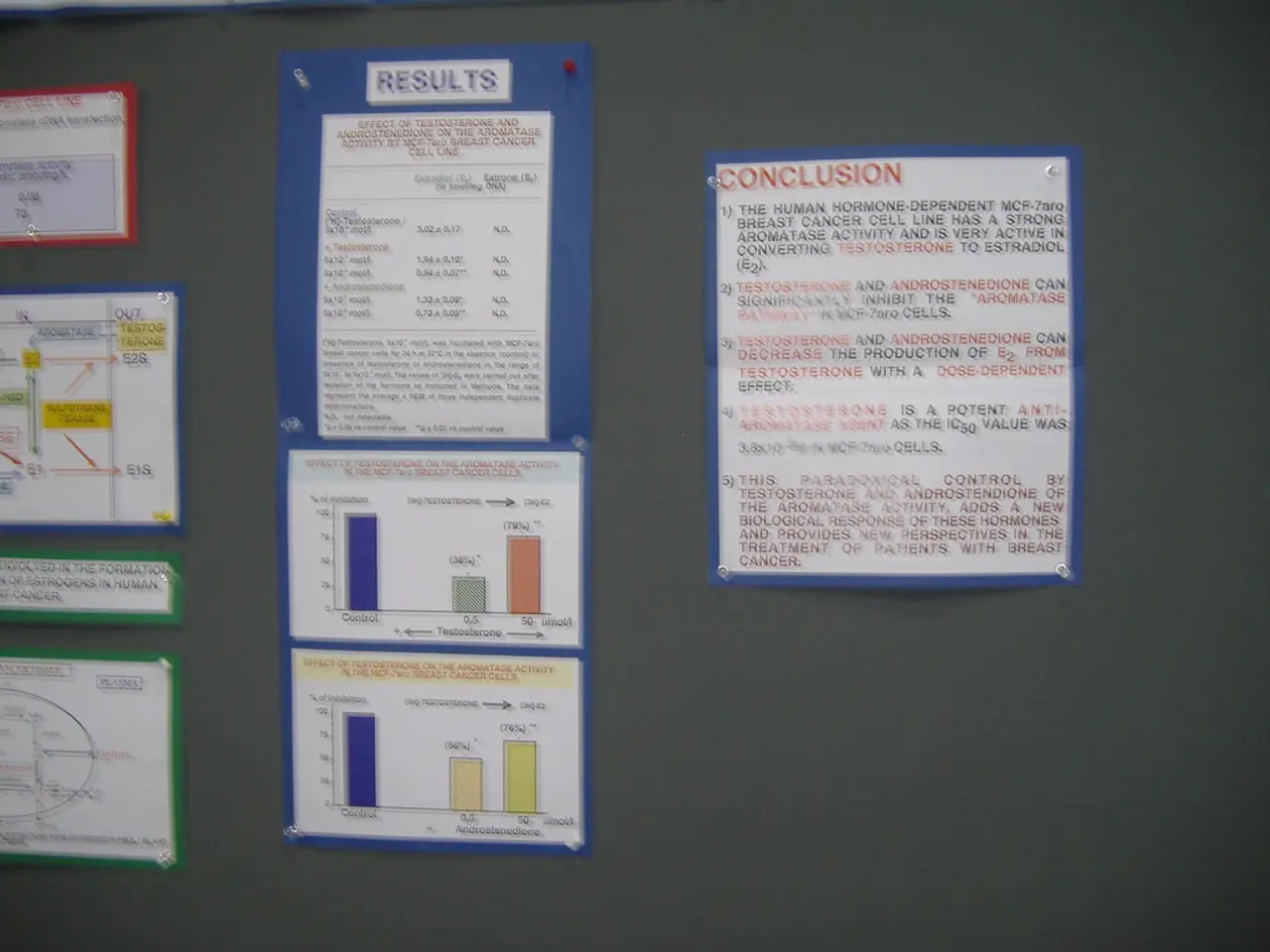Demonstrations Opposing the Forbidden Practice of Begging within HVV's jurisdiction
Title: Taking a Stand Against the Begging Ban on Hamburg's Public Transit
Get ready to hit the streets this Friday as protests are brewing against the ban on begging in Hamburg's U and S trains. Here's the lowdown on what's bugging folks about this restriction and why they're eager to make their voices heard.
Maria Bent, a spokesperson for the cause, has laid it all out. She believes the ban is a social exclusion tactic that criminalizes poverty rather than addressing its root causes. By pushing those in need out of sight with announcements, control measures, and fines, we're not fostering solidarity but rather increasing repression. For many homeless and jobless individuals, begging is a crucial means to survive. Instead of eradicating poverty, here they're penalizing its visibility—a move that's heartless and societally damaging. Public transportation should be accessible to everyone, including those stranded.
Even though the S-Bahn allegedly won't enforce fines, just the threat creates pressure, fear, and further exclusion, Maria points out. When people in dire straits face the possibility of fines—even if they're never enforced—it creates an intimidating atmosphere: You're not wanted here. This contradicts the very essence of a compassionate city and a society grounded in unity. Moreover, it's neither transparent nor reliable when transport companies set the rules yet enforce them arbitrarily. These practices should be abolished, not swept under the rug.
Some may argue that legal proceedings are underway to decide the ban's legality, but the organizers are taking action to make their concerns heard, now and then. They don't want to remain silent while verdicts are handed down; instead, they're determined to make an impact in the present. Political protest complements legal disputes as social justice is not merely a courtroom matter. They're standing up—not just against discrimination and stigmatization of the poor—but for a unified, inclusive public sphere.
So, who's behind this rally? The "Lobby Group Against Displacement and Discrimination" and the "Coalition for Solidarity Instead of Exclusion" are the driving forces. These groups came together in opposition to the ban on begging in the HVV and have organized two demonstrations, written an open letter, and supported a petition against the ban. The broader "Coalition for Solidarity Instead of Exclusion" includes movements, organizations, and individuals from various social and political backgrounds working towards a compassionate city—free of poverty, discrimination, and repression.
Join the protest, slated for Neue Große Bergstraße in Altona from 5 pm to 7 pm,Come one, come all! The demonstration will offer speeches, music, and visible messages aimed at raising awareness, advocating for the abolition of the begging ban, and emphasizing the importance of a public space that welcomes all people, regardless of their circumstances. The event will be peaceful, open to everyone, and inviting to passersby to engage in conversation. Let's unite for visibility, solidarity, and a more compassionate city.
Keep an eye on Facebook and Bluesky for updates, and spread the word using WhatsApp!
In light of the upcoming protest against the begging ban in Hamburg's public transportation, concerns regarding the industry's role in finance and transportation become increasingly relevant. The ban, perceived as a tactic to criminalize poverty, raises questions about the financial implications for those dependent on begging as a means of survival. Furthermore, the arbitrary enforcement of such rules and the associated fear experienced by vulnerable individuals affects their ability to access transportation, thus impacting the broader transportation sector.




